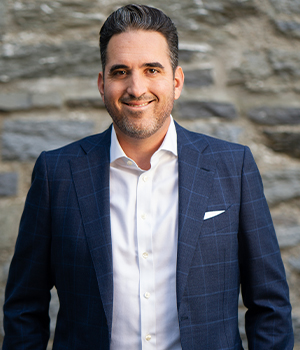
Wrongful Death Case Information: Analyzing Trends
Wrongful Death Case Information: Analyzing Trends
Wrongful death cases happen when an individual loses his or her life due to the negligence or intentional actions of another. These tragic events often lead to legal action taken by the deceased’s family or estate representatives.
As we navigate the complexities of such cases, it is essential to understand the prevalence and outcomes that characterize wrongful death lawsuits.
Statistics shed light on the magnitude and nature of these cases, revealing patterns in both settlements and jury verdicts. Our collective experience in this legal field allows us to appreciate the nuanced elements that influence wrongful death suits, from the initial filing to the final resolution.
Cases may involve various causes, such as medical malpractice, product liability, workplace accidents, and vehicular incidents.
In wrongful death lawsuits, the burden falls on us as plaintiffs to establish the defendant’s liability and to quantify the damages sustained. These claims serve as a pursuit of justice and a potential means of financial support for the survivors affected by the loss. Settlements and verdict amounts vary widely, reflecting each case’s unique circumstances.
Understanding Wrongful Death Cases
In this section, we will explore the intricacies of wrongful death cases, which arise when the negligent, reckless, or intentional acts of another cause an individual’s death.
We’ll dissect the legal grounds, understand the pivotal role attorneys play, delve into the complexities of damages and compensation, and look at the broader impacts these cases have on families and society.
Legal Framework and Statute of Limitations
Wrongful death claims are brought as civil claims and are governed by state-specific statutes. Every state has a wrongful death statute that dictates who may file suit, typically the deceased’s immediate family members or the estate.
Statute of limitations laws mandate that claims must be filed within a certain time frame after an incident, usually one to three years, depending on jurisdiction. Pennsylvania and New Jersey have a two-year statute of limitations.
The Role of Attorneys in Wrongful Death Lawsuits
Securing a competent wrongful death attorney is vital to successfully pursuing a lawsuit. These lawyers guide us through litigation, help gather evidence, and ensure the case is filed within the appropriate time frame.
An experienced attorney can make a significant difference in recovering damages through negotiation or trial.
Damages and Compensation in Wrongful Death
Compensation in wrongful death claims can be complex, involving economic and non-economic damages. These may include:
- Economic losses: Medical bills, lost wages, burial expenses
- Non-economic damages: Loss of companionship, emotional distress
Determining the full extent of these damages necessitates careful calculation and legal expertise.
Statistics and Demographics of Wrongful Death Incidents
Wrongful death incidents can strike any demographic, but certain groups, such as those involved in high-risk jobs, might experience higher rates. Factors such as age, location, and type of accident or injury can influence the statistics of these cases. Fatal accidents and medical malpractice often lead to wrongful deaths.
Wrongful Death and Criminal Justice
While wrongful death is a civil matter, it sometimes intersects with criminal law, for instance, in cases of murder or violent crimes. Defendants may face both criminal charges and civil lawsuits.
Notably, wrongful convictions can lead to dismissal through new DNA or exculpatory evidence, highlighting the necessity for diligent prosecution.
High-Profile Wrongful Death Cases
Some wrongful death cases have gained extensive media attention, thereby shaping public perception and law. High-profile cases in states like California and New York often set precedents and inform the public of the gravity and consequences of wrongful acts.
Impact of Wrongful Death on Families
The aftermath of a wrongful death extends beyond financial loss. Surviving family members, such as children, parents, and spouses, face profound grief and loss of companionship.
The impact is emotional and economical, making pursuing justice a complex journey.
The Claims Process and Settlements
Navigating the claims process for a wrongful death lawsuit typically involves:
- Investigation of the wrongful act or defective product
- Filing a personal injury claim
- Negotiating with insurance companies
- Possible arrival at settlement or preparation for trial
A settlement calculator can offer preliminary estimates, but given the intricacies of each case, having an attorney is crucial for accurate valuations.
Medical and Burial Expenses
Financial burdens such as medical bills and funeral costs can be substantial.
Wrongful death claims seek to alleviate these costs and are crucial to financial recovery. Insurers may be liable for these expenses depending on the coverage outlined in the applicable insurance policy.
Challenges and Considerations in Wrongful Death Cases
Wrongful death cases present unique complexities due to the multifaceted nature of demonstrating fault and determining compensation. Every phase of such a claim hinges on thorough evidence and a clear demonstration of how the death has impacted the survivors.
Proving Negligence and Liability
To succeed in a wrongful death action, it’s crucial to establish that the defendant breached a duty of care, which led to the victim’s death.
Evidence must be meticulously collected and presented, including eyewitness testimony, expert opinions, and records documenting the defendant’s negligence.
The Financial Aspects of Wrongful Death Claims
Determining monetary compensation hinges on various factors, from lost income and funeral costs to the more subjective valuation of pain and suffering. The process involves:
- Calculation of lost wages, potential future income, and financial support.
- Estimation of non-economic damages like emotional distress and loss of companionship.
Wrongful Death in the Workplace
Workplace accidents can result in wrongful death claims against companies, with complexities including:
- Employer liability and possible gaps in employee safety measures.
- Consideration of worker’s compensation versus personal injury claims.
Dealing with Insurance Companies
Insurance negotiations often center on policy limits and can be complicated:
- Policy Limits: Insurance policies may set caps on payouts that might not cover all damages.
- Settlement Offers: Insurance companies may offer settlements quickly, but initial offers may not fully cover long-term costs.
Legal Precedents and Impact on Wrongful Death Law
Legal precedents from civil court cases can influence wrongful death law reform. A deep understanding of such precedents is essential in effectively representing wrongful death clients.







